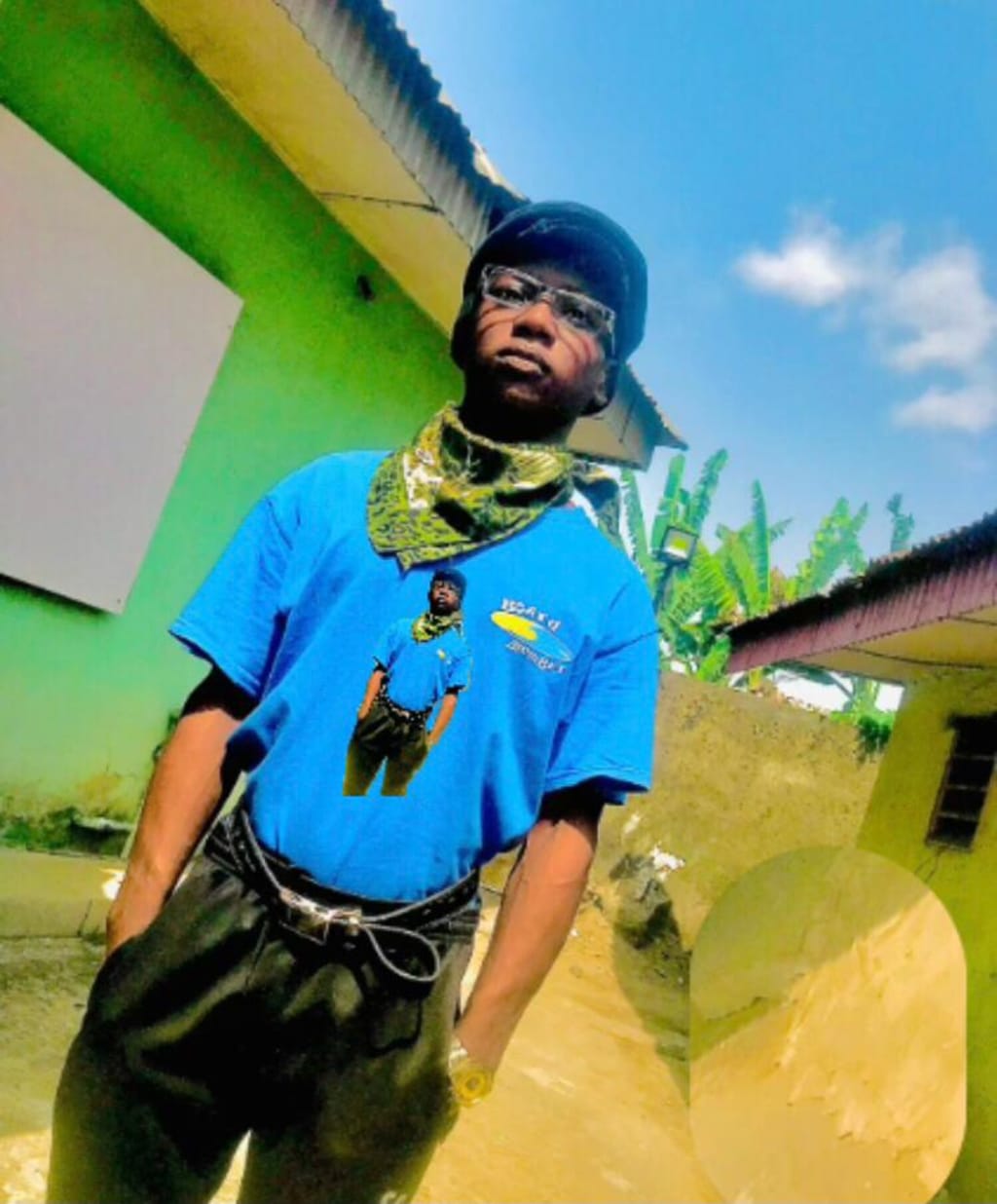DEBLUE SJ
He choose violence over peace.. more of comedy videos are in the link - https://www.youtube.com/@debluesj

In the pursuit of resolving conflicts, the choice between violence and peace often emerges as a defining moment. While peace advocates strive to establish harmony through dialogue and compromise, some individuals opt for a path stained with bloodshed and destruction. This essay explores the reasons behind the decision to choose violence over peace, shedding light on the complex dynamics and psychological factors that may drive such choices. By delving into the motivations and consequences of this troubling decision, we aim to gain a deeper understanding of the human propensity to resort to violence in conflict resolution.
One of the fundamental reasons individuals choose violence over peace is the allure of power and control. The desire to dominate, assert authority, and impose one's will on others can be intoxicating, leading some to opt for violent means. Violence can provide a sense of immediate gratification, creating a perception of strength and invincibility. By resorting to aggression, individuals hope to instill fear in others and assert their dominance, believing it to be a more effective way to achieve their objectives than peaceful negotiations. However, this pursuit of power through violence often perpetuates a cycle of retaliation and further escalation, ultimately hindering the attainment of lasting peace.
Psychological factors play a significant role in the choice of violence over peace. Deep-rooted anger, resentment, and feelings of injustice can drive individuals to abandon peaceful resolutions in favor of violent actions. Perceived grievances, whether real or imagined, can fuel a desire for revenge and a belief that violence is the only way to rectify perceived wrongs. Additionally, a skewed perception of the self and the world, often influenced by extremist ideologies or groupthink, can rationalize and justify violent behavior as necessary and even heroic.
Moreover, societal and cultural factors contribute to the adoption of violence as a means of conflict resolution. Growing up in an environment marred by violence and aggression, individuals may internalize these behaviors as acceptable or even necessary. In some cases, the influence of a violent social or political climate can shape an individual's worldview and dictate their response to conflict.
Another crucial factor leading to the choice of violence over peace is the erosion of trust resulting from failed peace processes or broken promises. When individuals or communities have repeatedly experienced broken agreements or witnessed the inability of peaceful negotiations to bring about desired outcomes, they may lose faith in peaceful solutions. In such cases, violence can be viewed as the only means to achieve justice or secure tangible results.
Additionally, a lack of trust between conflicting parties can undermine the prospects of peaceful dialogue. If parties perceive negotiations as futile, biased, or lacking genuine commitment to address their concerns, they may choose violence as a means of asserting their grievances and making their voices heard. The absence of trust, coupled with a belief that peaceful resolutions will not deliver meaningful change, reinforces the inclination towards violence.
The decision to choose violence over peace stems from a combination of complex factors, ranging from the allure of power and control to deep-seated psychological motivations and a lack of trust resulting from failed peace processes. Understanding these factors is crucial in addressing the root causes of violence and promoting peaceful resolutions. By addressing grievances, building trust, and fostering an environment where peaceful negotiations are viewed as effective and meaningful, it is possible to curb the inclination towards violence. Recognizing the consequences of choosing violence, both in terms of human suffering and the perpetuation of conflict, reinforces the importance of investing in nonviolent conflict resolution methods. Only through continued efforts to understand and address these underlying factors can we hope to build a world where peace triumphs over violence.
Violence may arise from a sense of desperation and frustration when peaceful avenues seem inadequate. Marginalized communities or oppressed individuals, faced with systemic injustice and lack of representation, may resort to violence as a last resort to express their grievances and demand change. When peaceful methods fail to bring about desired results, violence can be seen as a catalyst for drawing attention to their plight.
Video on this is in the link below
https://youtu.be/o8g4j95UsaI
About the Creator
Survival John
Nature Lover, Comedy, Sportster





Comments
There are no comments for this story
Be the first to respond and start the conversation.